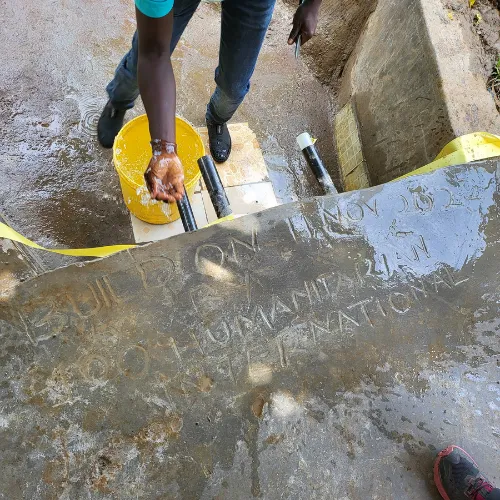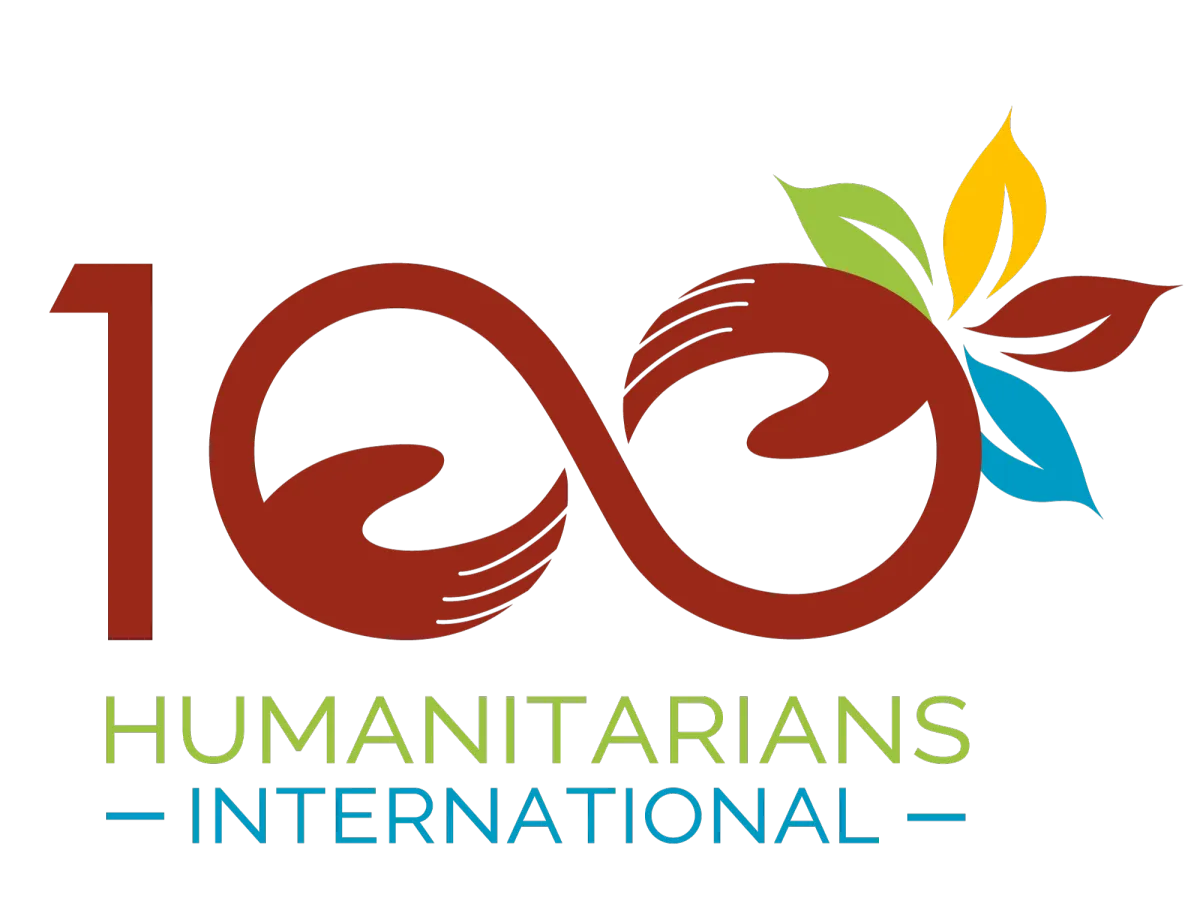Clean Water
There is no way to end poverty without addressing the water challenges that families face

Rainwater Capture
Capturing rainwater from a tin sheet roof is a simple yet powerful solution that can empower women and girls in impoverished communities. In many of these areas, the responsibility of fetching water falls predominantly on women and girls, often requiring long and arduous journeys to distant water sources.
The Benefits of a Rainwater Capture Tank:
✔️Empowerment and Time Savings: Implementing rainwater capture tanks dramatically reduces the need for long and arduous journeys to fetch water, freeing up valuable time and energy for women and girls. This newfound time allows them to engage in income-generating activities, education, and farming, thereby improving their economic standing and contributing to their families' well-being.
✔️Health and Safety Improvements: With rainwater harvesting systems, women and girls face reduced exposure to potential dangers associated with distant water sources. The shift to locally sourced water means better health and safety, enabling more time for self-care and family bonding, enhancing overall quality of life.
✔️Sustainable Community Development: Rainwater harvesting from tin sheet roofs is a sustainable, cost-effective solution that eases the daily burden of water collection. This practice empowers women and girls, helping to break the cycle of poverty and create lasting positive change within their communities by fostering economic growth and improved living conditions.

Spring Protection
Protecting a spring can have a profound impact on the health and well-being of an entire community. Springs are often vital sources of freshwater, and ensuring their cleanliness not only reduces waterborne illnesses but also fosters overall community health and development.
The Benefits of a Spring Protection Project:
✔️Reduced Waterborne Diseases: Protecting a spring significantly decreases the risk of waterborne illnesses such as cholera, typhoid, and dysentery. Clean water leads to fewer medical expenses and more productive days for community members, fostering overall community health and development.
✔️Enhanced Hygiene Practices: Access to clean spring water encourages proper sanitation and handwashing, further reducing the transmission of diseases. This promotes better hygiene practices, contributing to the community's overall quality of life.
✔️Environmental Stewardship and Economic Benefits: Safeguarding a spring fosters responsible resource management and sustainable practices, benefiting both current and future generations. Improved health enables community members to engage in economic activities and ensures children can attend school regularly, helping break the cycle of poverty.

Boreholes
Access to clean water is an absolute necessity for families living in poverty, and the transformation it brings to a community is immeasurable. The shift from gathering water from polluted sources like rivers, contaminated with diseases, to having a reliable source like a borehole with clean, fresh water can be a life-changing experience.
The Benefits of a Borehole:
✔️Health Improvement: Access to clean water eliminates reliance on polluted sources, significantly reducing the prevalence of waterborne diseases like cholera and dysentery. This leads to fewer illnesses, lower medical expenses, and more productive days for community members.
✔️Time and Energy Savings: Clean water access transforms daily routines by freeing families, especially women and children, from spending hours collecting water from distant locations. This time can be redirected toward education, income generation, and community development.
✔️Enhanced Sanitation and Hygiene: Clean water is the foundation for improved sanitation and hygiene practices. Safe water sources enable communities to establish proper sanitation facilities, reducing disease spread and enhancing overall well-being. This availability is a catalyst for positive change, uplifting health, productivity, and quality of life.
Our Impact Since 2015*
21000+
Sustainable Food
Projects
1675+
Clean Water
Projects
6000+
Education
Projects
8575+
Health
Projects
400+
Expedition Travelers
*Numbers updated quarterly
Get Involved
We rely on donors and volunteers to keep 100 Humanitarians International moving forward!
Sign up to get information on joining an expedition, attending events, or volunteering.

100 Humanitarians International is a 501(c)(3) nonprofit recognized by the IRS, and all donations to 100 Humanitarians International are tax-deductible in accordance with IRS regulations. EIN #82-1048388
South Jordan, Utah
801-432-0105
